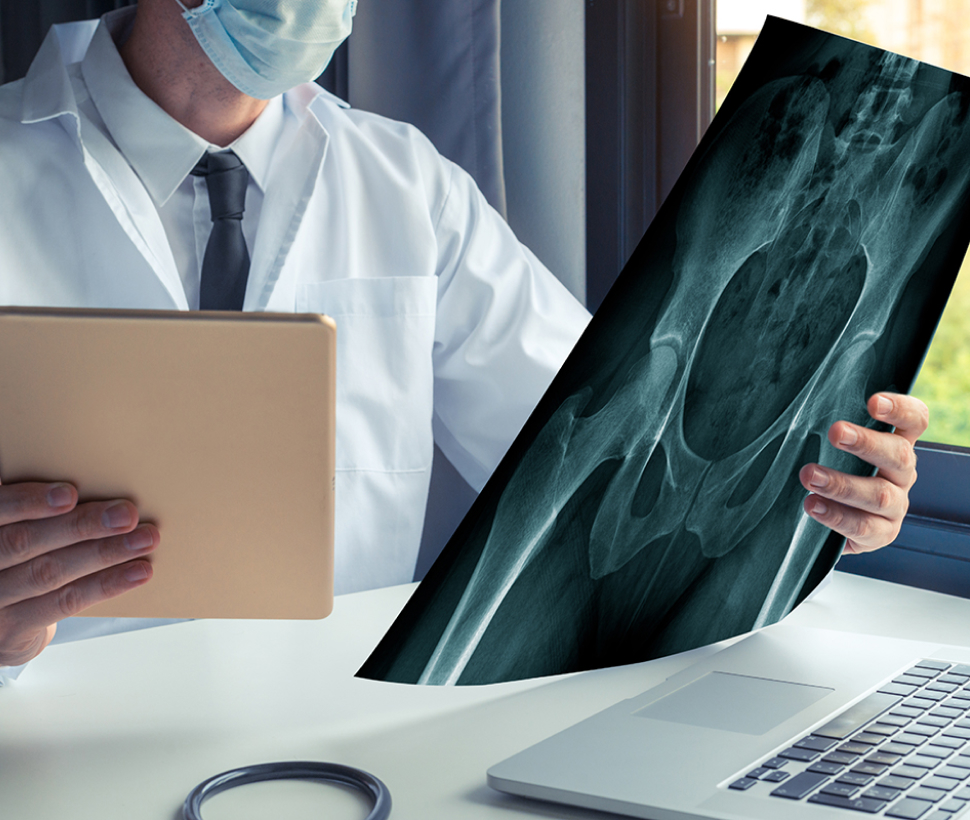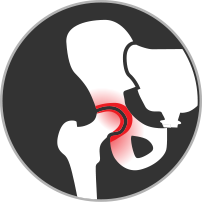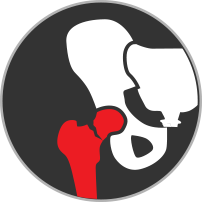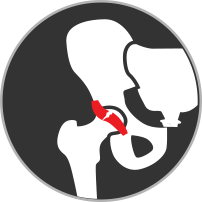
The hip consists of the largest weight-bearing joints in the body. Because of this, hip pain is a common ailment for millions of people each year due to a wide variety of issues including arthritis, injuries, and underlying diseases or conditions.
Texas Ortho Center diagnoses and treats and variety of conditions that affect the hip including injuries, mechanical problems, types of arthritis, and other problems.
Here are some of the most common conditions that cause hip pain.

Arthritis is one of the most common causes of pain in the hip and typically starts gradually and gets worse with time. There are five primary types of arthritis that can affect the hip, however, regardless of type common symptoms generally include pain in the groin, outer thigh, or buttocks; pain that is worse in the morning; difficulty walking; stiffness or limited range of motion in the hip.

A hip fracture is a break in the top part of the thigh (femur) bone and while they most commonly occur from a fall or high-impact trauma, some underlying medical conditions can weaken the hip and increase the risk of a fracture. Symptoms of hip fractures include severe pain and discomfort in the upper thigh or groin and when moving, flexing, or rotating the hip.

Tendon tears in the hip most commonly occur when the hip joint is twisted or overstretched. Symptoms of a ligament tear in the hip include a snapping or cracking sound when the injury occurs followed by bruising, swelling, pain, weakness, and limited range of motion or loss of mobility.
Try one of our free interactive assessments to get started on your road to pain-free living.
Many types of minor hip pain can first be addressed with self-care or more conservative treatments, such as over-the-counter pain medications, rest, hot and cold therapy, and physical therapy, however, in some cases, surgery may be required.
If at-home care has failed to provide lasting relief or if you are experiencing the following, it may be time to seek professional medical treatment for your hip pain.

We’ve carefully developed our COVID-19 Safe Care Protocol to ensure the safety of our patients and staff. Learn more about our new safety protocols.

